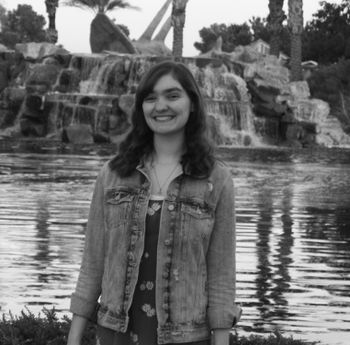EXCLUSIVE: Include LGBTQ 'Safe Zone' sticker in syllabus, university tells professors
Albany State University (ASU) sent professors a recommended syllabus statement that includes information about LGBTQ 'Safe Zones.'
Safe Zone trainings and stickers have a long history on university campuses.
Albany State University (ASU) is requesting that professors include a LGBTQ “Safe Zones” section on their syllabi.
Campus Reform obtained a copy of the recommended syllabus statement, which explains that the university intends to establish “Safe Zone Spaces” across campus.
“The Safe Zone Project is to help educate people about sexual orientation and gender identity/expression issues and to create a visible network of allies to provide support to the ASU lesbian, gay, bisexual, transgender, queer, and questioning (LGBTQ) community,” the statement reads.
“However, until the training has been completed, we look for a heart shaped LGBTQ Progress Pride sticker to find those who are willing to help and support you as you navigate your life,” the document continues. “If you see this sticker on an office door, you know you can feel safe with your questions.”
[RELATED: AU offers separate classroom, saying it’s a ‘safe space for Black Students’]
A university spokesperson confirmed the document with Campus Reform, clarifying that the school is not requiring faculty to include the statement.
“The student well-being section for the syllabi is a resource faculty may choose to use to inform students of resources offered on campus, but it is not a requirement to be included,” A.L. Fleming, vice president of university operations and strategic initiatives, said.
“The LGBTQ safe zone project is an optional training faculty and staff may attend,” Fleming added. “This optional training will create a visible network of allies to provide support to students in need.”
Safe Zone stickers are used on campuses across the US to signify a staff member is LGBTQ-friendly and has undergone a university-sponsored workshop or training program on inclusivity. Those who participate can display them on their doors to show students that they are “safe” to ask questions around.
Schools such as University of New Hampshire and University of Rhode Island have used them since the 1990s, according to their websites.
The University of Rhode Island has since expanded its program to include four “Advanced Safe Zone Track” trainings and has designed stickers to correspond with each one.
Workshop topics include “Trans Identities & Lives,” “Race and Ethnicity,” “Spirituality and Religion,” and “Fluid and Non-Binary Identities.”
At the University of South Florida, the Safe Zone training is a four-part program, with each workshop lasting two hours.
[RELATED: WVU paid LGBTQ+ students to make their own intersectionality training]
The campus practice is not contained to higher education and often involves some connection between academia and professional organizations.
For example, in West Virginia, the Monongalia County Health Department teamed up with Brad Grimes, LGBTQ+ Center Director at West Virginia University, to put its public health nurses through a Safe Zone training, 12 WBOY reported in November 2021.
Campus Reform reached out to every university and organization mentioned above; this article will be updated accordingly.
Follow the author of this article on Twitter @katesrichardson.

